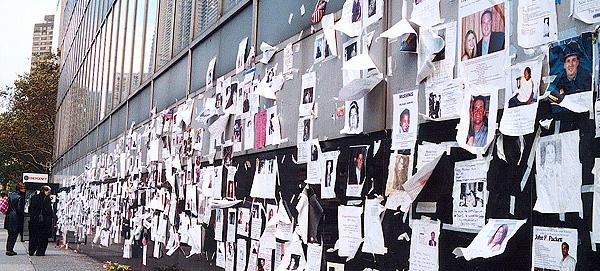The Campus is a wonderful thing. The centrepiece is the Sanger Institute where they sequenced most of the Human Genome in the late 1990s. I wrote a play once which had a genome scientist at its centre; he worked on “Junk DNA” - those portions of DNA that did not appear to code for proteins and therefore were regarded by some people as padding or inert remnants of some lost portions of DNA. That character working on Junk DNA was in some ways a joke about his marginality but he was also quite passionate in his belief that Junk DNA would repay analysis and may have functions that we simply had not seen, so I’m glad to see that his work has recently been bearing fruit. The research I did to write that play meant that I was rather overwhelmed - starstruck in a way - to be in the place where the Genome was sequenced. Architecturally, it’s a gorgeous thing too.
The workshop was rather marvellous. The writers were very impressive, well-established and interesting: Mike Walker, Julian Simpson, Sarah Woods, Alan Pollock, Hattie Naylor, Sebastian Baczkiewicz. All good company, creative, smart who took the two days really seriously. The producers were wonderful, including the delightful Gaynor Macfarlane, whom I hadn’t seen for twenty years.
With no disrespect to those groups, though, the scientists were the stars. Of course, there were anxieties about their role. Would they be impossible to understand? Would they confirm stereotypes of awkwardness, aloofness, cerebral geekiness? None of that was true. They were remarkable. Each one of them was fascinating, warm, funny, with a ferocious commitment to communication. Also, they were creative; when the groups (writer-producer-researcher) worked well, and they often did, the whole group contributed to the creative thinking. And of course the science was fascinating: I learned this week about a 10,000-year-old dog who has lived forever in the DNA of the cancer that killed him; a medical pioneer who may have fathered 1000 children by women who never met him; the cognitive maps that construct the world around us...
Wellcome want to support the development of radio ideas that go beyond the usual dynamics of scientist biopics, patient narratives, or inert expositional dialogue (“Do tell me all about Helium, Professor”). I think we produced six very interesting ideas, which will continue to be developed over the next six months.





















![photo[1].jpg](https://images.squarespace-cdn.com/content/v1/513c543ce4b0abff73bc0a82/1362919072201-PZO854G4SEB794DVOEI8/photo%5B1%5D.jpg)
